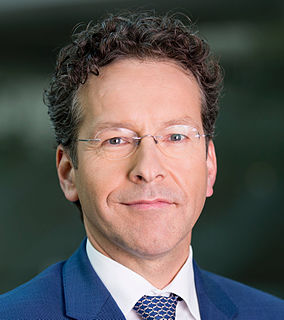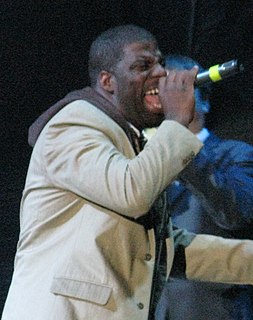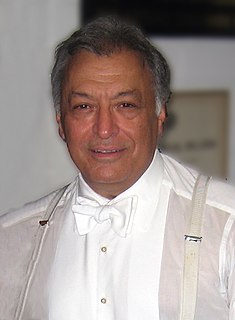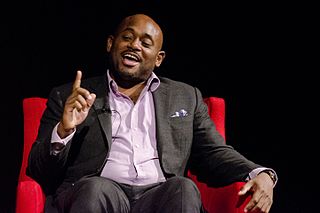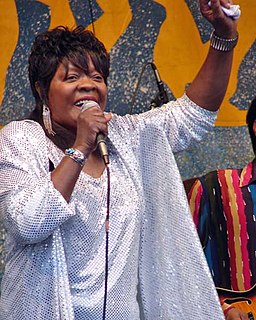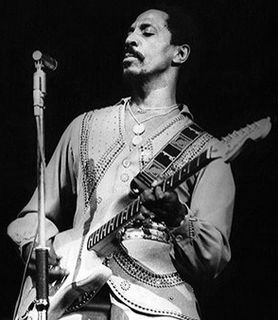A Quote by Pat Buchanan
I've just come back from Mississippi and over there when you talk about the West Bank they think you mean Arkansas.
Related Quotes
What we've done last night is what I call pushing back the risks..If there is a risk in a bank, our first question should be 'Okay, what are you in the bank going to do about that? What can you do to recapitalise yourself? If the bank can't do it, then we'll talk to the shareholders and the bondholders, we'll ask them to contribute in recapitalising the bank, and if necessary the uninsured deposit holders.
When I talk about an "empathy bank," I don't mean literally opening up a bank and putting in deposits. What I mean is that the more we can, as individuals and as members of a community, empathize with, understand the pain and uncertainty economic crisis causes other people, the more we lay the groundwork for political change.
From the U.S. point of view, negotiations are, in effect, a way for Israel to continue its policies of systematically taking over whatever it wants in the West Bank, maintaining the brutal siege on Gaza, separating Gaza from the West Bank and, of course, occupying the Syrian Golan heights, all with full U.S. support.
New Jersey boasts the highest percentage of passport holders (68%); Delaware (67%), Alaska (65%), Massachusetts (63%), New York (62%), and California (60%) are close behind. At the opposite end of the spectrum, less than one in five residents of Mississippi are passport holders, and just one in four residents of West Virginia, Kentucky, Alabama, and Arkansas.
I've never seen a single demonstration in Pakistan, in the streets of Gaza, in the West Bank, in which the people have come out with signs saying, "Please give us better roads. Please give us new prenatal clinics. Please give us a new sewage system." I'm sure they'd like those things, but it's not what they demand in the demonstrations. In the demonstrations, they talk about justice, they talk about an end to Israeli occupation.
The diversity of America is a strength of the country, and I don't think that we use that. We don't talk about our strengths. I mean, having so many diverse people in this country from all aspects of all over the world, and we don't use that. I think we should talk about who we are - that melting pot that we've become.
What happens at the average church or synagogue or mosque is that I don't know many priests or ministers or rabbis who say to their congregation, 'go home and talk about the religion at the kitchen table with your kids...talk about God, talk about what this is all about.' They say in general, come back on the weekend, we'll talk to you about it.

